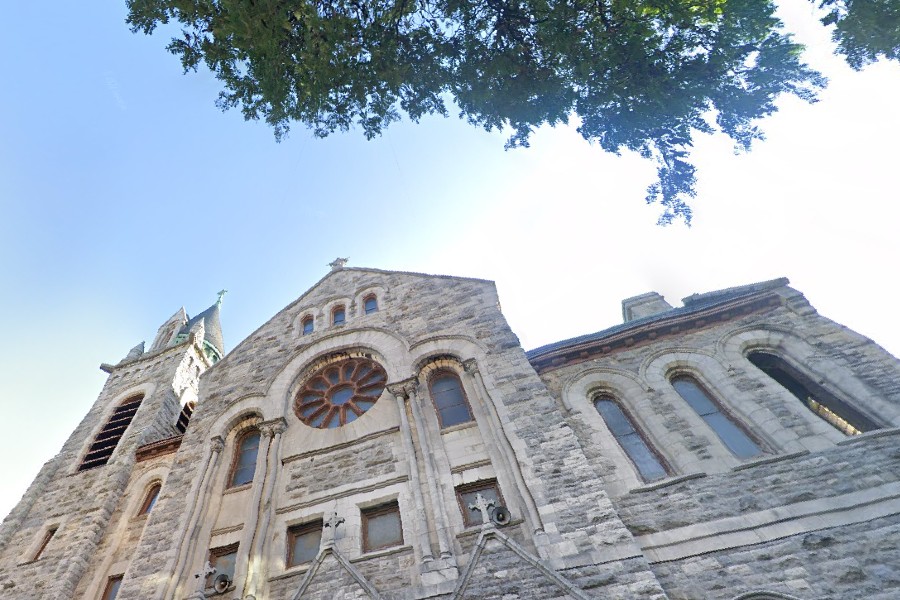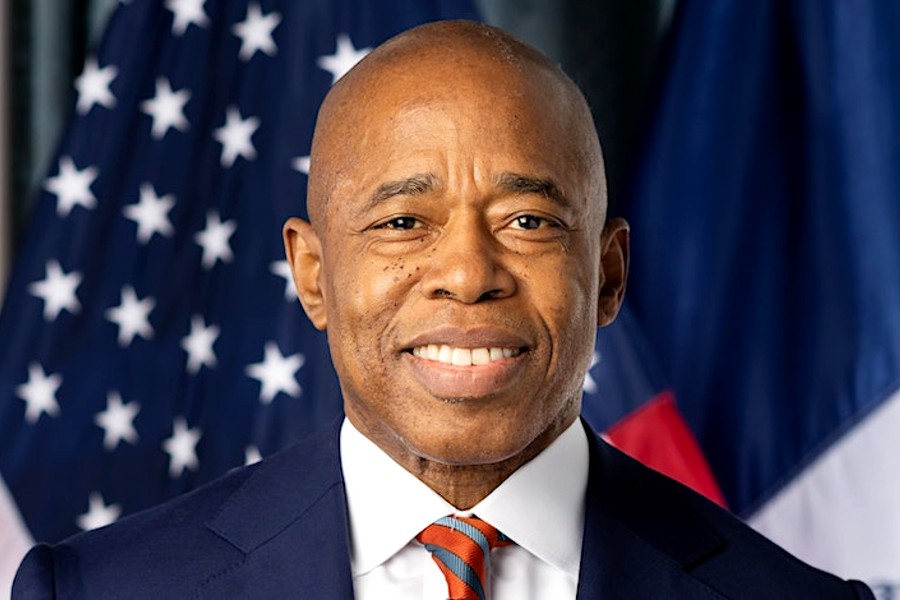
In a move that’s stirring emotions and raising questions about the preservation of Harlem’s architectural heritage.
The Archdiocese of New York is in the final stages of selling the historic Holy Rosary Church to a property developer.
This sale marks a significant shift in the landscape of East Harlem, a neighborhood that has long been defined by its rich cultural and religious history.
A Storied Past
Holy Rosary Church, a Romanesque Revival masterpiece, has stood as a beacon of faith and community on 433 East 119th Street for over 124 years.
Built in 1900, the church predates New York City’s first subway lines, serving as a testament to East Harlem‘s transformation from a rural enclave to a vibrant urban neighborhood.
The church’s roots run even deeper, with the property originally purchased in 1884 by its first pastor, Joseph Byron.
For generations, Holy Rosary has been more than just a building; it has been the heart of spiritual life for countless Harlem residents.
Community Ties
Erica Fernandez, whose family has lived next door to the church for two decades, shared her personal connection to Holy Rosary. “It’s very beautiful, and it really stands out in this neighborhood,” Fernandez reminisced. She spoke of Sunday services and how the church community rallied around her family during her mother’s illness and passing.
The potential loss of this architectural and spiritual landmark has left many in the community concerned. “It would be a loss for the community,” Fernandez added, echoing the sentiments of many long-time residents.
- Home Upgrades That Boost Value And Enhance Aesthetics
- What To Expect When Selling An Older Home In Harlem And Beyond
- Key Factors That Determine Settlement Amounts In Accident Cases
- Sponsored Love: Tinnox Business Solutions, Digital Empowerment For Businesses
- How Sustainable Custom Patches Are Redefining Fashion Trends
The Sale and Its Implications
Court documents reveal that Kahen Development Group is set to purchase the church and its adjoining rectory for $5 million.
“… potential plans for vertical development.”
The deal includes 4,930 square feet of “air rights,” hinting at potential plans for vertical development.
The sale comes after years of declining attendance and mounting maintenance costs. Cardinal Timothy Dolan cited the “immense financial burden to repair and to maintain the building” in a 2017 decree, signaling the Archdiocese’s intention to sell.
Uncertain Future
The church’s fate remains uncertain. Located in a residential zone, the site could potentially be redeveloped into apartments. This prospect has left some residents, like Daniel Fernandez, apprehensive. “I’m scared a little bit because I don’t know what kind of building they’re going to make here,” he expressed.
Preservation Challenges
Recent photos paint a somber picture of Holy Rosary’s current state, with dust-covered pews and crumbling stairwells. A previous plan to convert the church into a museum by the Institute for Studies on Latin American Art was abandoned after estimates for repairs soared to $44 million.
Cultural Heritage at Stake
As the sale awaits final approval from the state court, the community grapples with the potential loss of a significant piece of Harlem’s cultural and architectural heritage.
The Archdiocese has promised to preserve sacred objects, including relics and stained-glass windows, but for many, this offers little consolation for the loss of their beloved church.
This sale of Holy Rosary Church represents more than just a real estate transaction; it’s a pivotal moment in East Harlem’s ongoing story of change and preservation.
As the neighborhood continues to evolve, the fate of Holy Rosary serves as a poignant reminder of the challenges faced in balancing progress with the preservation of community landmarks.
Photo credit: Holy Rosary Church screenshot Google.
Become a Harlem Insider!
By submitting this form, you are consenting to receive marketing emails from: . You can revoke your consent to receive emails at any time by using the SafeUnsubscribe® link, found at the bottom of every email. Emails are serviced by Constant Contact








